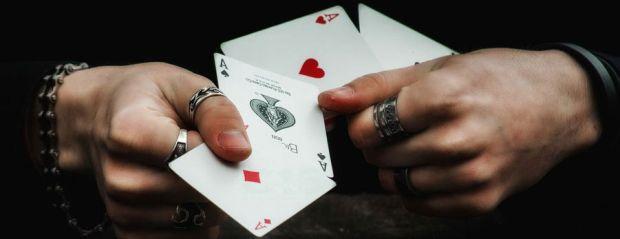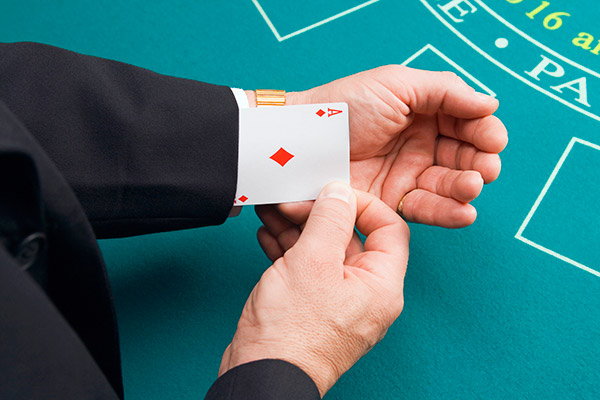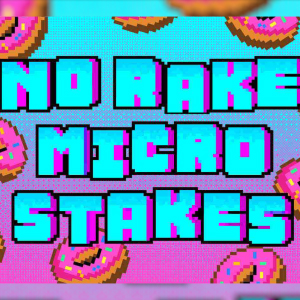Let’s Talk About… Cheating!
9 years ago

26 Sep
A recent forum post on a mixedmartial arts website of all things got me thinking – how do you play poker when you are at a table with close friends? Do you treat them any differently than other players? Do you desperately try to win their money for bragging rights, or do you soft play against them and focus on beating all the others?
I was surprised when I read the post – because basically it was a description of collusion, which most casinos would prevent as soon as they see it happen. Here’s how he described what they do…
"Now most of the time I never play at the same table with my friends, but if it does happen our general rule of thumb is: Whoever bets a significant amount first, takes over if it’s not heads up. Meaning: If it's me, you and two others, and I bet small, you can call if you want, but if I bet big, then I'm essentially saying: Get out because I have big cards or I hit (if its postflop). If you bet preflop, and randoms fold, and I call, then we check it down post flop.”
The strangest thing about his story was that they didn’t pool their winnings, and in this ‘episode’, two of his friends actually ended up in a huge argument after one of them ‘broke the rules’ of their little ‘game’.
To you and I – and most experienced players – what they are doing is downright cheating. It used to be part and parcel of the game in the old days of poker when pros would tour together and try to make a living by beating the locals using whatever methods they could. But nowadays? No way!

According to Professional-Poker.com:
"In very basic terms, poker collusion is when two or more people sitting at a poker table are working together to win more money from other players.”
An example might be secretly signalling to their ‘partner in crime’ what cards they hold; or sometimes ‘teaming up’ with raises and re-raises to push everyone else out of a hand. This is exactly what our poster is doing with his friends – and it is just not on!
Collusion can be ‘arranged’ in many ways, some more sophisticated than others. For example, in the 2009 Partouche Poker Tour Main Event final table, Jean-Paul Pasqualini and Cedric Rossi were accused of using hand signals to collude and an 8-minute video, compiled by the French poker-playing author Nordine Bouya, was produced to show exactly how they were supposedly doing it.
Basically, it was claimed that the players had devised a code of signals which involved touching various parts of their bodies to signal their holding. An example being, if one of them held an ace, they would touch the top of their head; two hands on their head would indicate pocket aces!
The success of their alleged cheating was evident, as the ever-interesting poker writer Haley Hintze reported:
"Pasqualini eventually collected about $1,430,000 for the win, with Rossi in second for about $870,000.”
As for our initial story, one comment by Mayfield summed it up for me:
"When it comes to poker, we can be friends between hands. While there are cards on the table I am trying to win money and I'm expecting you to be doing the same. I don't understand how people can play any other way - that is the point of poker. And if I think I'm at a table with buddies colluding like you were, I leave the table.”
So, what do you think readers? Have you ever ‘colluded’? Do you think it’s outright cheating or par for the course? The comments section below awaits!






Comments
You need to be logged in to post a new comment